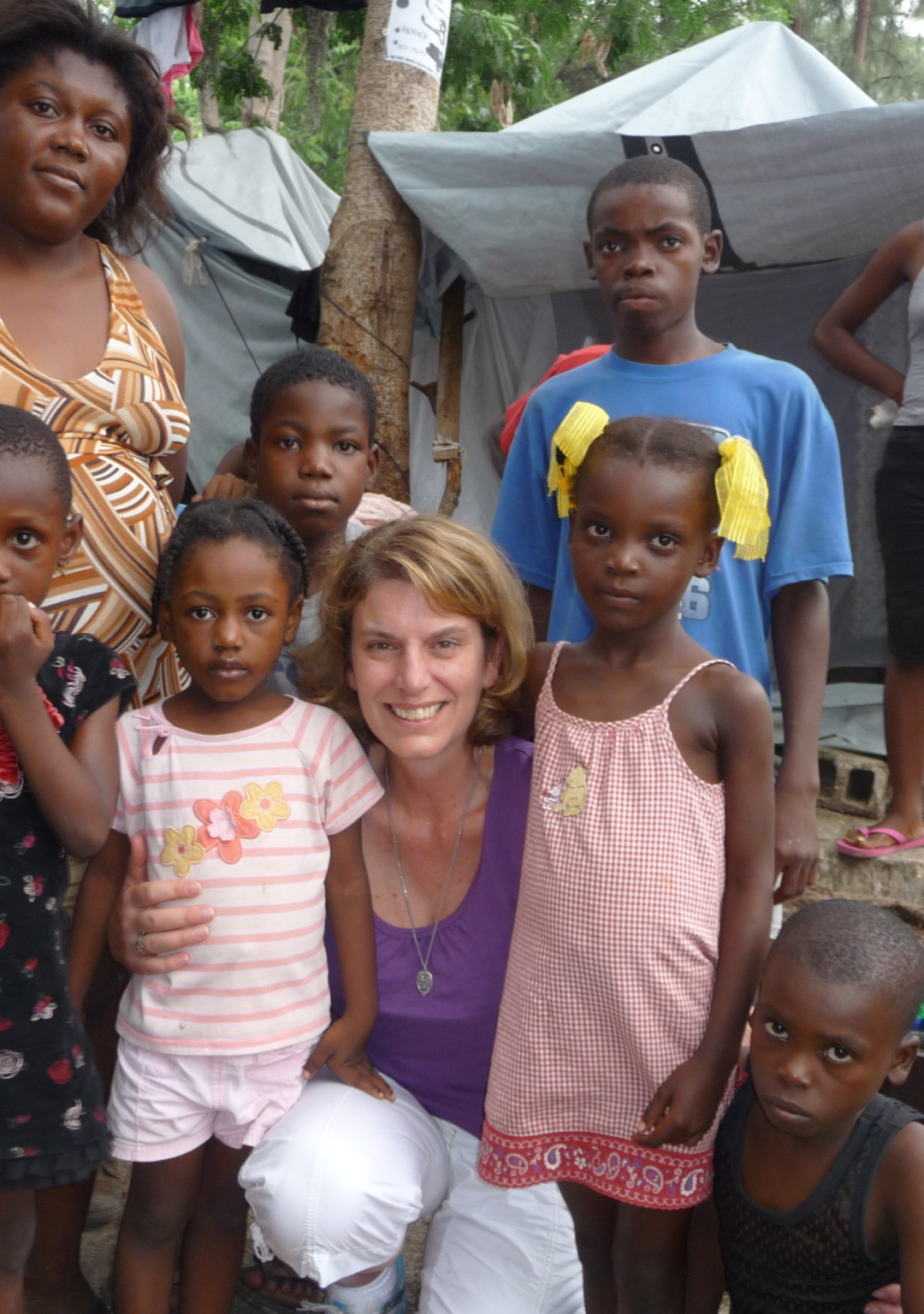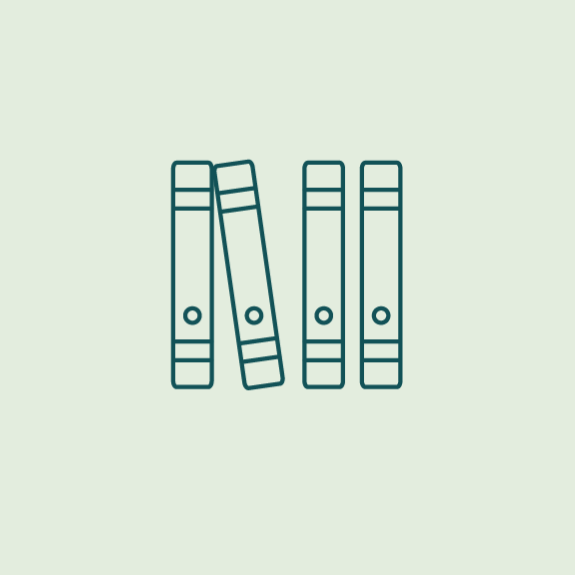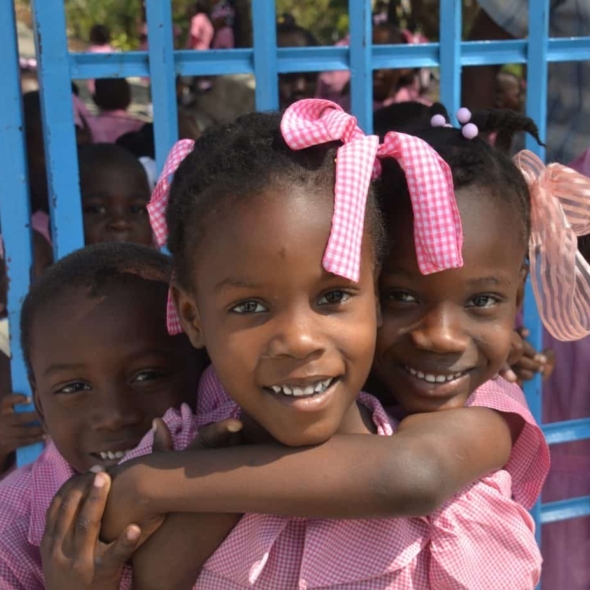According to the Food and Agriculture Organization (FAO) and the World Food Programme (WAF), gang violence in Haiti is worsening. The Caribbean nation ranks on the list of nations where there is the “greatest concern due to the escalation of violence by armed groups.” To escape violence, concentrated primarily in cities, Haitians are fleeing en masse. As a result, the number of displaced people has greatly increased in recent months, from 362,000 in March 2024 to 580,000 in June, according to the International Organization for Migration (IOM).
In Delmas refugee camp, former residents of Cité Soleil, a poor neighborhood that has been taken hostage by the powerful G9 gang, paint a haunting picture of Haiti’s current climate.
“I keep having flashbacks,” admits 12 year-old Delmas resident Jean, recalling the dead bodies of his friends, neighbors in Cité Soleil. “It’s kind of hard to talk about.”
Another little girl tearfully recalls her father’s gruesome death: “I saw my father being stripped and beheaded. The image tortures me.”
Our CMBM-Haiti Faculty have braved threats to their own safety to address and treat the trauma that displaced people in Haiti have experienced, traveling to refugee camps like Delmas and shelters across the nation to bring mind-body medicine skills to those who need it most. They’ve collected powerful testimonials that demonstrate the power of mind-body medicine in building resilience and hope for a safer future.
George, currently sheltering with his family, reports that mind-body workshops have helped him make friends and feel “less alone.” But he is desperate to go home: “All I want is to get back to the life I had before. I miss my neighborhood and my friends.”
Alicia, a member of the local bank’s Executive Committee, was the victim of kidnapping and sexual violence. After suffering in captivity for eight days, she was ashamed to discuss what had happened to her. But, after one session of Shaking and Dancing, Alicia began finding her smile. She was also able to walk straight again. After the next session, she reported improved sleep. Today, Alicia has returned to work.
Ricot, bodyguard of a nonprofit director, was also kidnapped along with two of his colleagues. He was the only survivor. Since, he has suffered from debilitating panic attacks that made him question his profession. However, after practicing Soft Belly for the first time, Ricot’s panic attacks ceased. Following our Dialogue With a Problem practice, he found himself completely free of anxiety.
I never expected to find peace. I had criminal thoughts until the Mind-Body Skills Groups. Today, I feel free to prepare to mourn. My heart is lighter. I can finally forgive.

Support Our Work in Haiti
The need for mental health support services in Haiti is great. Without a psychological care program for displaced people, Haiti risks repeating the cycle of violence. Breaking this cycle of violence and healing this devastating population-wide trauma will require a sustained, national effort. We’re laying the foundation for a national mind-body medicine program and are grateful to partner with the Gordon and Llura Gund Foundation, who have generously pledged to match all donations made to our Haiti fund, up to $100,000.




